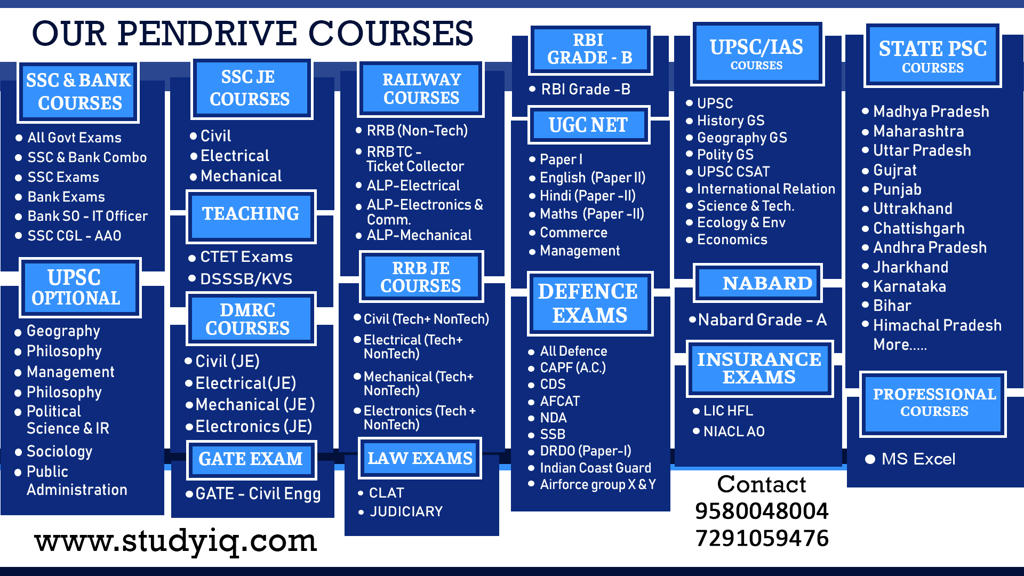Table of Contents
Skill + Education
- KPMG report: between 2008 and 2018 Indian start-ups increased tenfold, to 50,000.
- 2018: India added 1,200 new start-ups
- The trend indicates that demand for people with computer-related skills has been growing, but the education system has not adapted to this reality.
- Smriti Irani: skilling needs to start from an early age (10 or 12)
- A national initiative – YuWaah – aimed at imparting skills among the youth and providing employment to more than 300 million young Indians was launched here on Friday by Women and Child Development Minister Smriti Irani with an alliance of national and international partners, including Unicef.
- Irani also said that women need to go from being consumers to makers of technology.
- Female participation in the labour force has fallen to 26% in 2018 against 36.7% in 2005.
- This, despite the fact that women’s enrollment in higher education has increased drastically—from 1.2 million in 2010-11, female enrollment increased 15-fold to 18.2 million in 2018-19.
- The situation is worse in the engineering and technical fields.
- As per AISHE 2018-19 data, while female enrollment in undergraduate courses was 49%, women’s enrollment in BTech courses was just 28%.
- One of the primary problems has been the late introduction of skilling.
- While most countries start focusing on vocational education from an early age, India’s skill development starts after school completion.
- Although India introduced computer education in 1984-85, it is not counted as an integral part of the curriculum, not until higher secondary years.
- With software-making skills being taught at the middle school level in some countries, India needs to do the same.
- Last year, the World Economic Forum (WEF) released a report on the future of jobs.
- Besides the usual warning of increasing automation and falling employment, the report also highlighted that artificial intelligence specialist, blockchain specialist, and big-data analyst are some of the likely professions of the future.
- All of the nine new trades listed by WEF were associated with technology.
- As automation increases, WEF estimates 42% tasks will be automated in 2022, a sharp rise from 29% in 2018
Telcos
- Committee of secretaries set up to explore a relief package for the stressed telecom industry.
- Sort of relief measures are necessary with regard to payment of dues related to licence fee and spectrum usage charge.
- Dues: Rs 1.33 lakh crore
- If no relief is provided at least one operator may file for bankruptcy.
- This, in turn, would lead to losses for banks as well as the government.
- Option before committee: phased payment of dues
- Total amount payable (principal along with penalty and interest) should not be waived of as it will go against the apex court’s order.
- Give some leeway to the operators.
Zero-MDR regime
1 November was deadline to move to a zero-MDR regime.
- Union Budget had proposed to do away with merchant discount rate (MDR) on digital transactions from November 1.
- There has been no official communication.
- Banks and non-bank payment players are groping in the dark.
- MDR is a fee paid by merchants to banks for offering them infrastructure to accept digital payments.
- The amount is then shared between the bank that offered the acceptance device (acquirer), the bank whose customer made the payment (issuer) and fintechs or card networks which facilitated the transaction.
Digital tax on MNCs
- Organisation for Economic Cooperation and Development (OECD) proposal on digital taxation.
- India has sought changes.
- It has proposed a more balanced principle for the taxation of such companies based on place of revenue generation.
- The OECD had on October 9 released a draft on taxing digital companies for public comment.
- Discussions on the proposal are to be held on November 21-22.
- All countries have to agree for the rules to be enforced.
- The proposed OECD formulation will mean India getting little revenue despite the large digital and business presence of companies.
- The government is of the view that multinational companies derive large revenues from countries such as India via their digital presence, without having a physical one.
Routine profit & Residual profit
- For example, a cab aggregator operating via a mobile app has its core technology base in one country and software base in another but makes money in countries such as India.
- The latter will only get a small part of the profit under the OECD proposal, the government argues.
- There is also the matter of how the size of business will be determined — using employees, assets or sales.
- The Indian method focuses on revenue, wherein income is apportioned to each jurisdiction in line with operations there, which the official said would be fair to everyone and simpler to operate.
- Companies basing themselves in lowtax jurisdictions for tax avoidance is referred to as base erosion and profit shifting (BEPS).
FM on reforms in land and capital
- Companies who had left China will choose India.
- India recently slashed corporate tax rates to make it competitive among peers.
- RBI’s supervisory and regulatory powers over cooperatives and other non-bank entities that practically perform like banks.
- Sitharaman admitted that a lot of work was still pending in terms of reduction of cost of capital and electricity and easier land-use policy and stressed that these would now be taken up by the Centre and states with a sense of urgency.
- One reason for capital being expensive to private investors is the general government squeezing out the borrowing market.
Download Free PDF

























 WhatsApp
WhatsApp